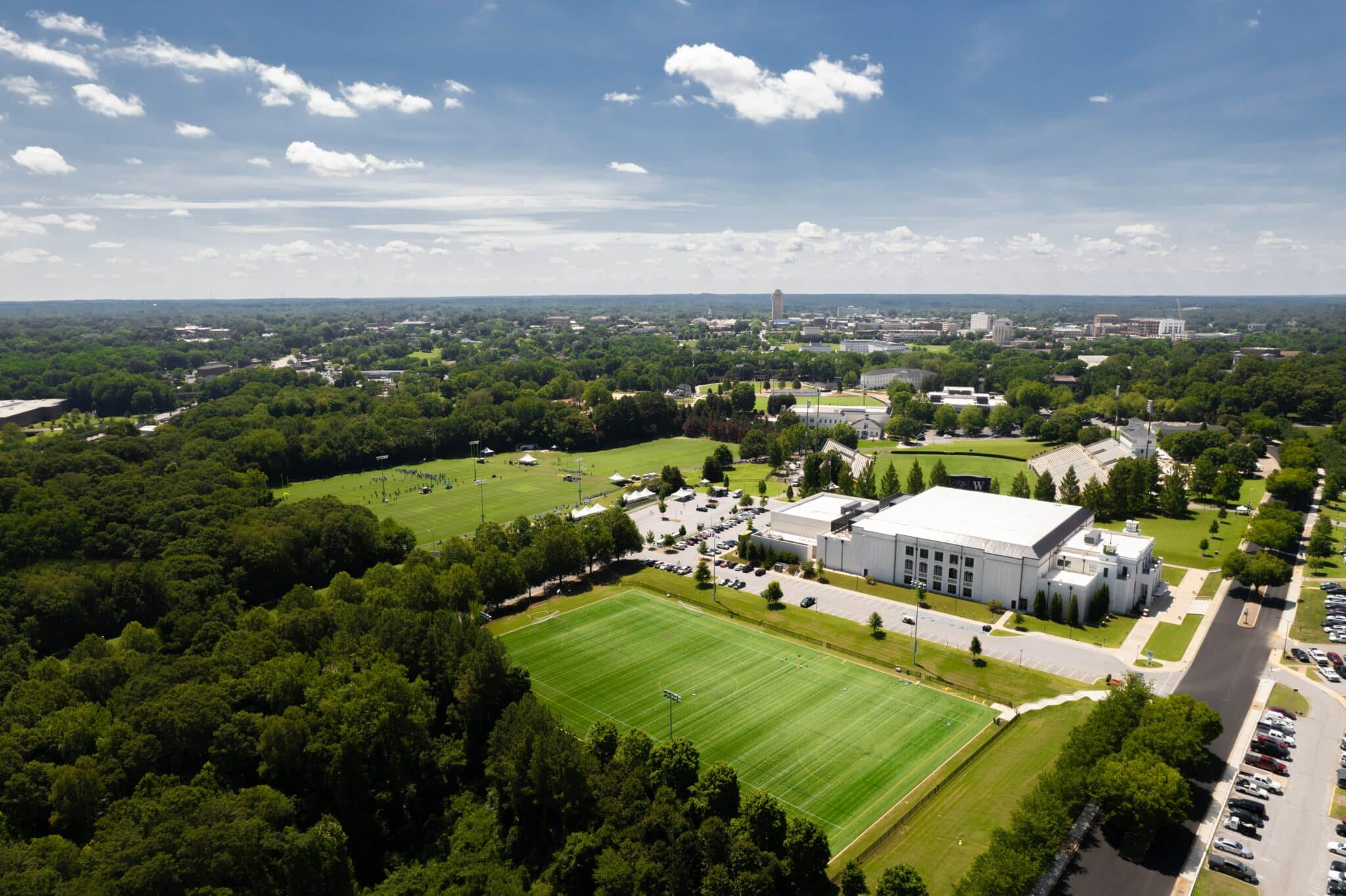
Connect with
a Prepory coach!
Let us help you go from where you are to where you should be.
Please note that a parent or guardian must be on the consultation for high school students.Please note that a parent or guardian must be on the consultation for high school students.

